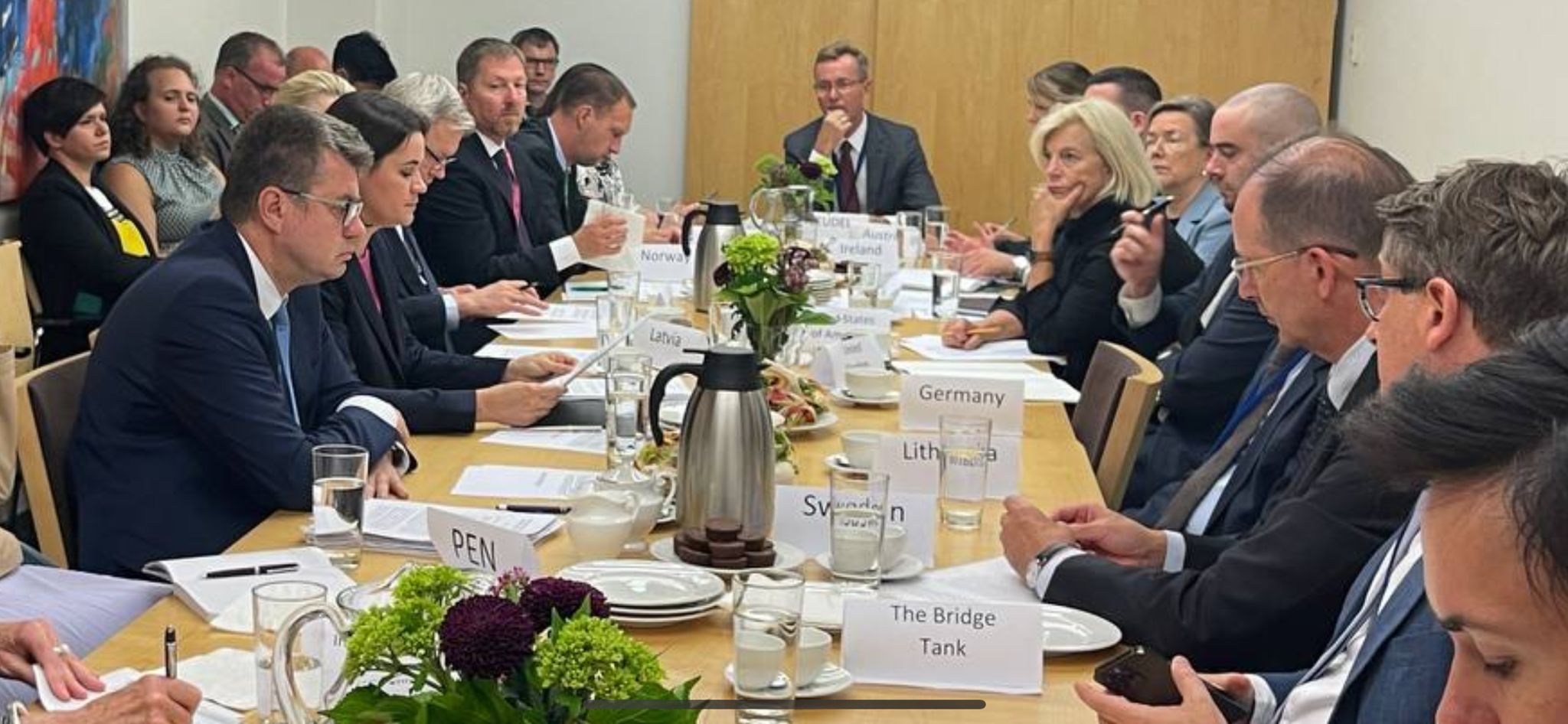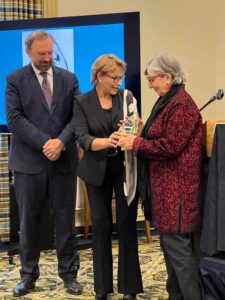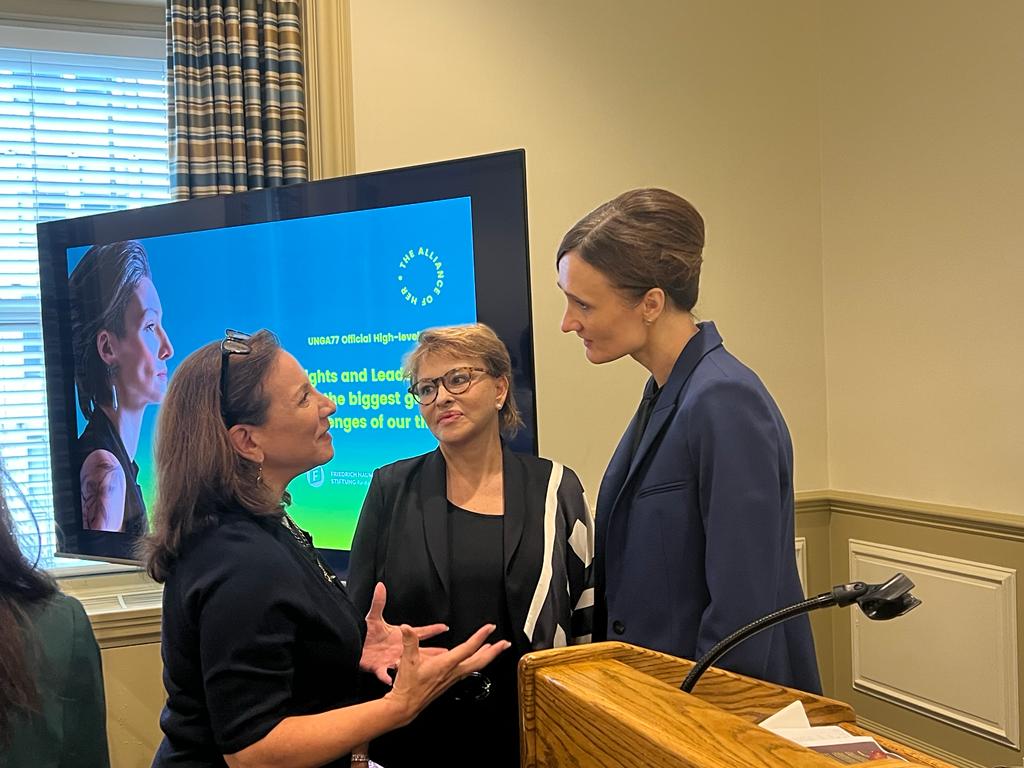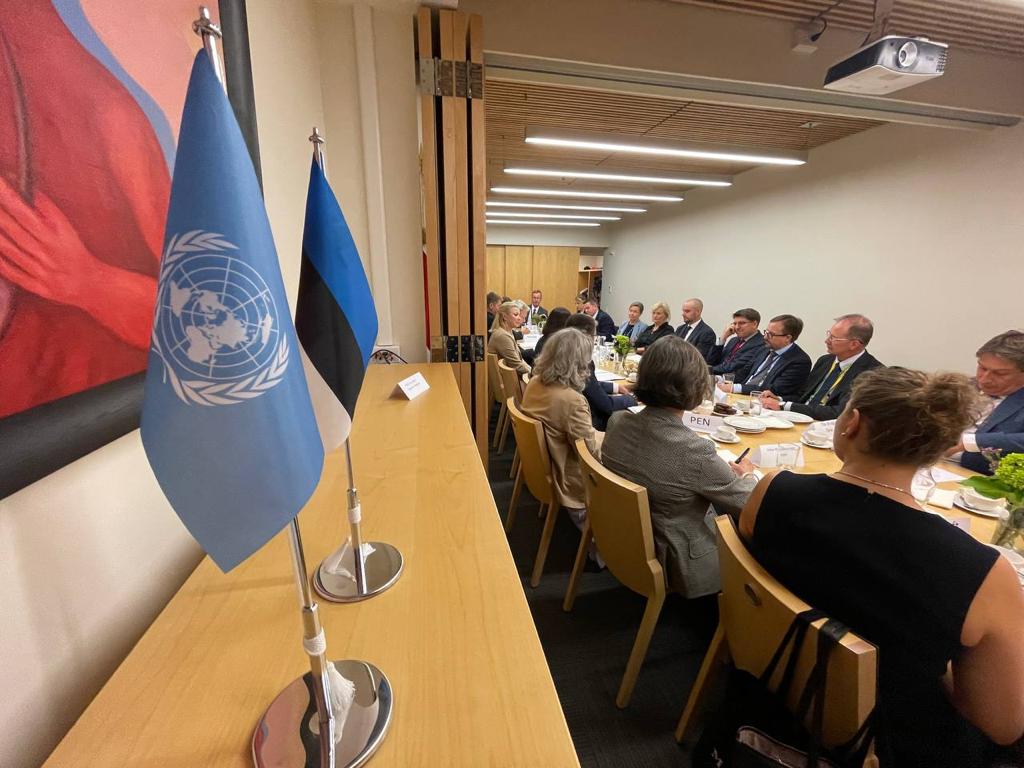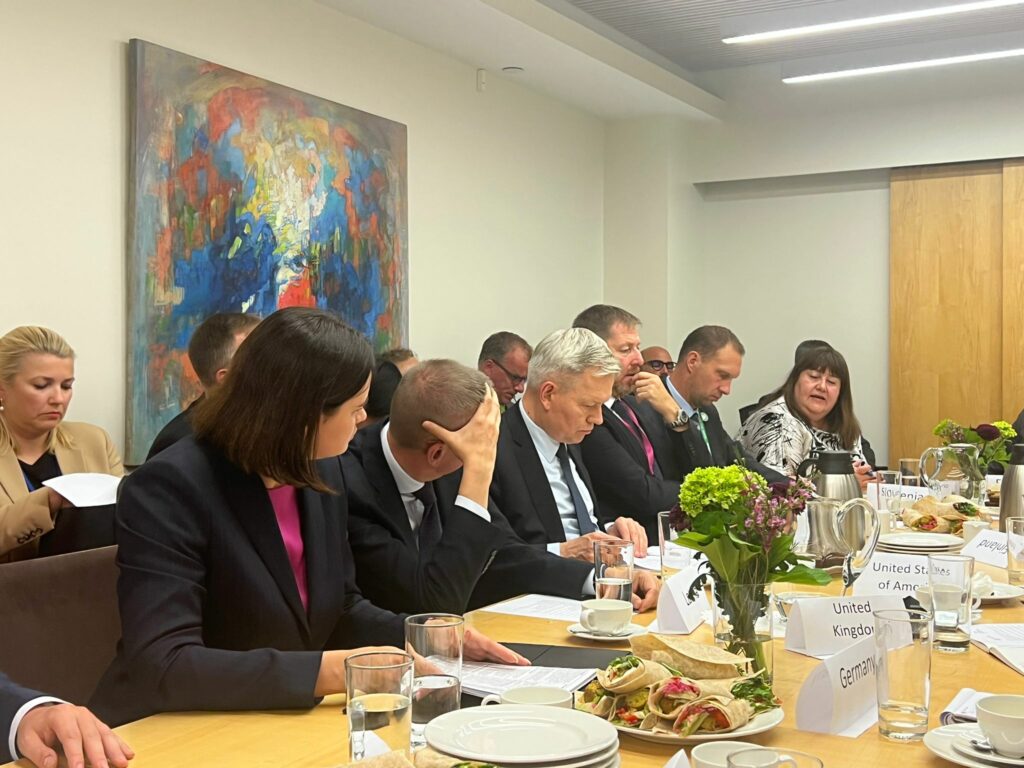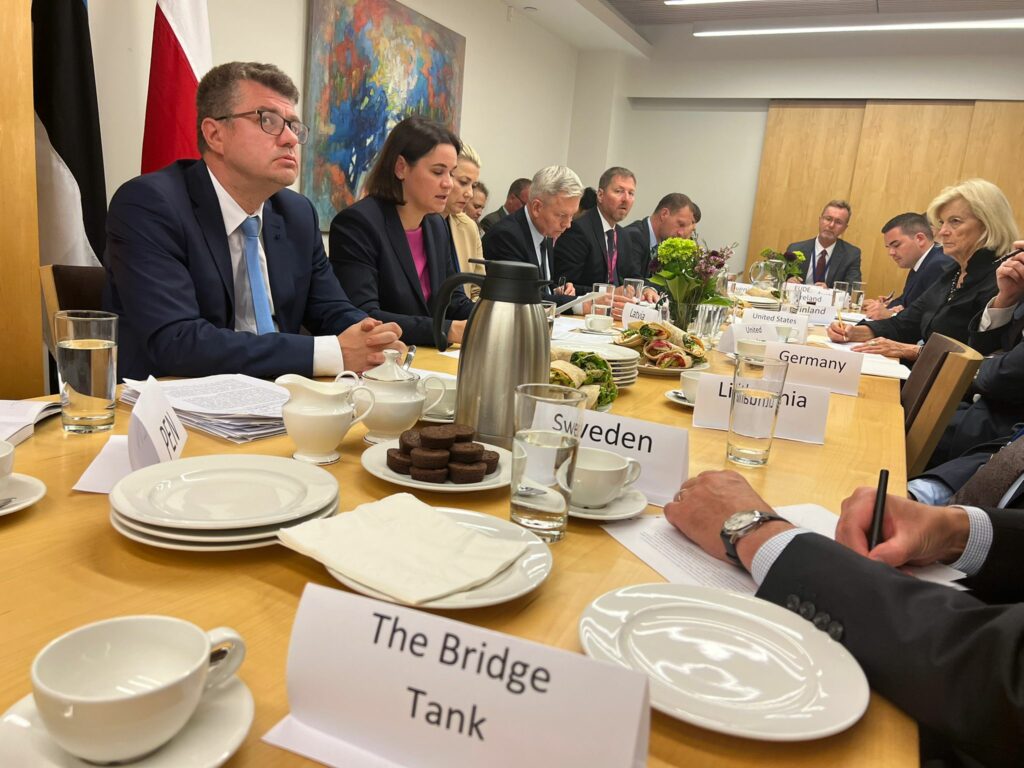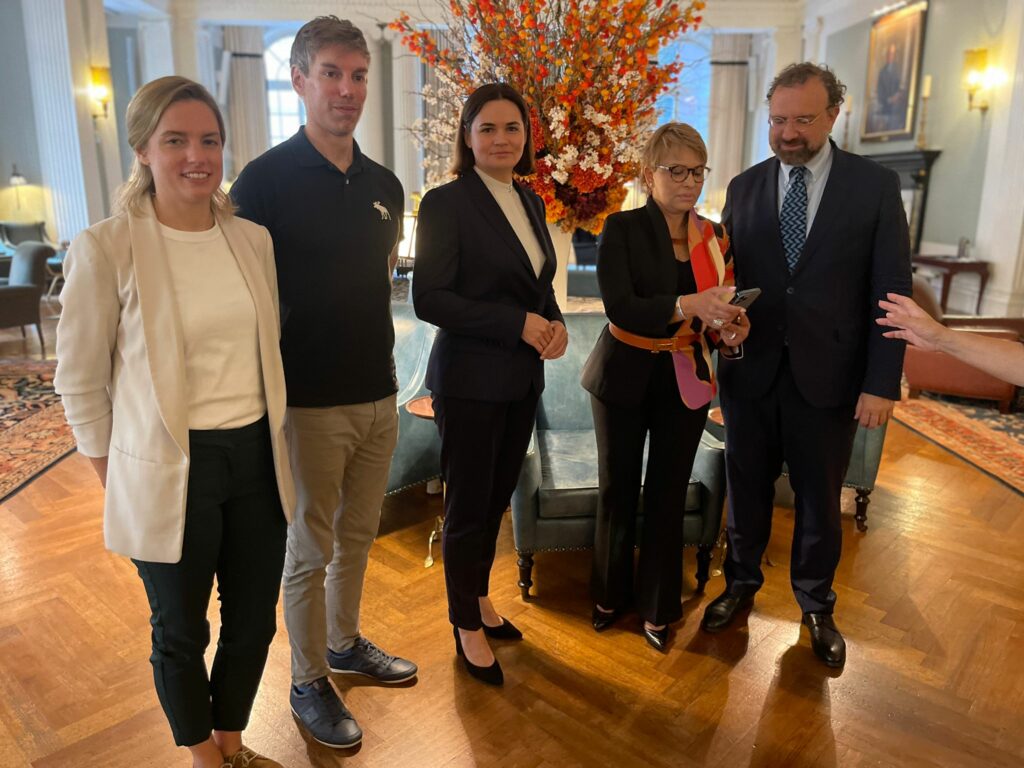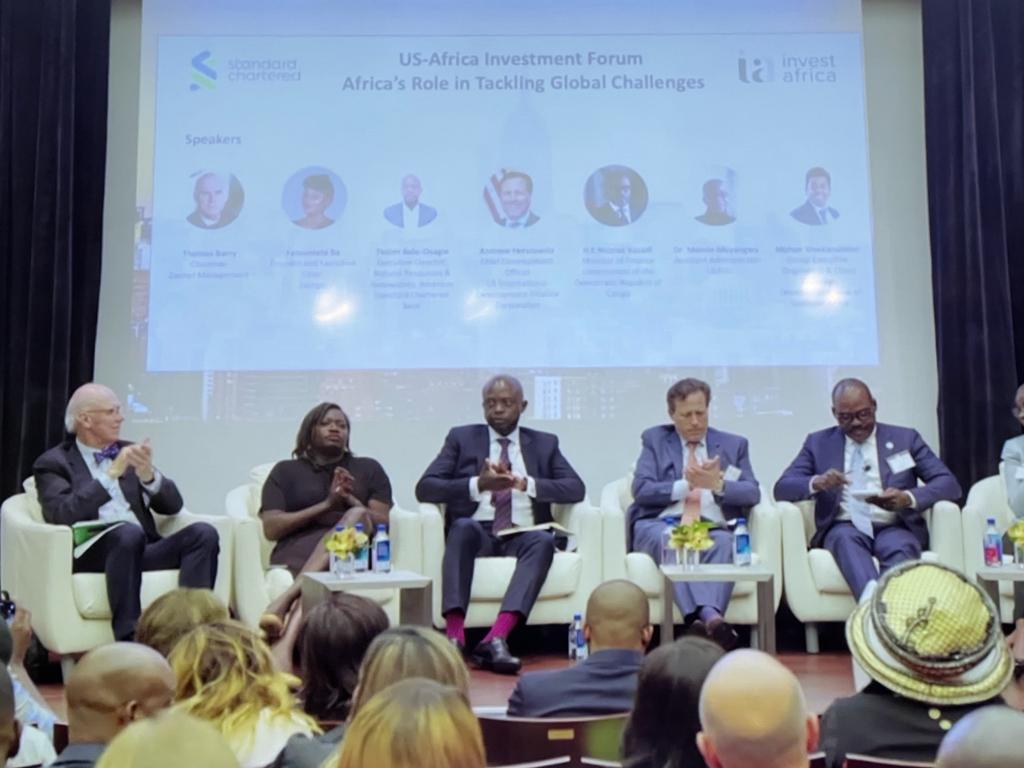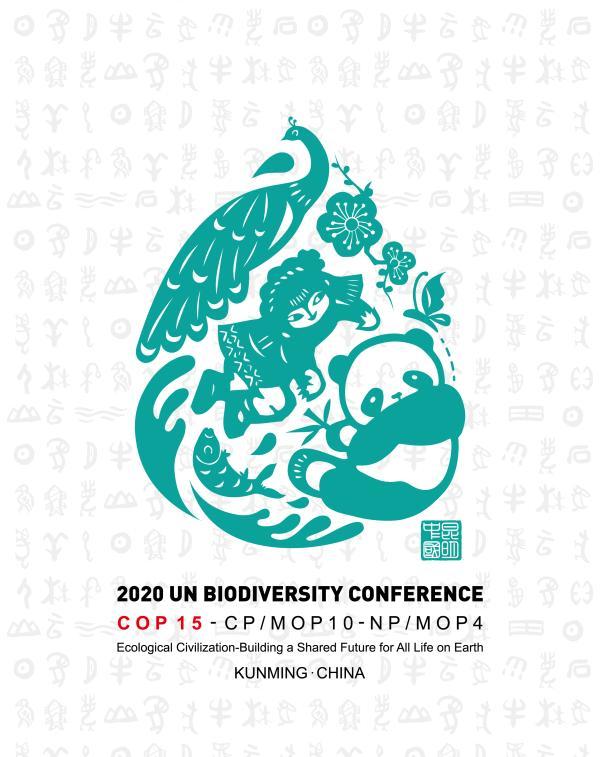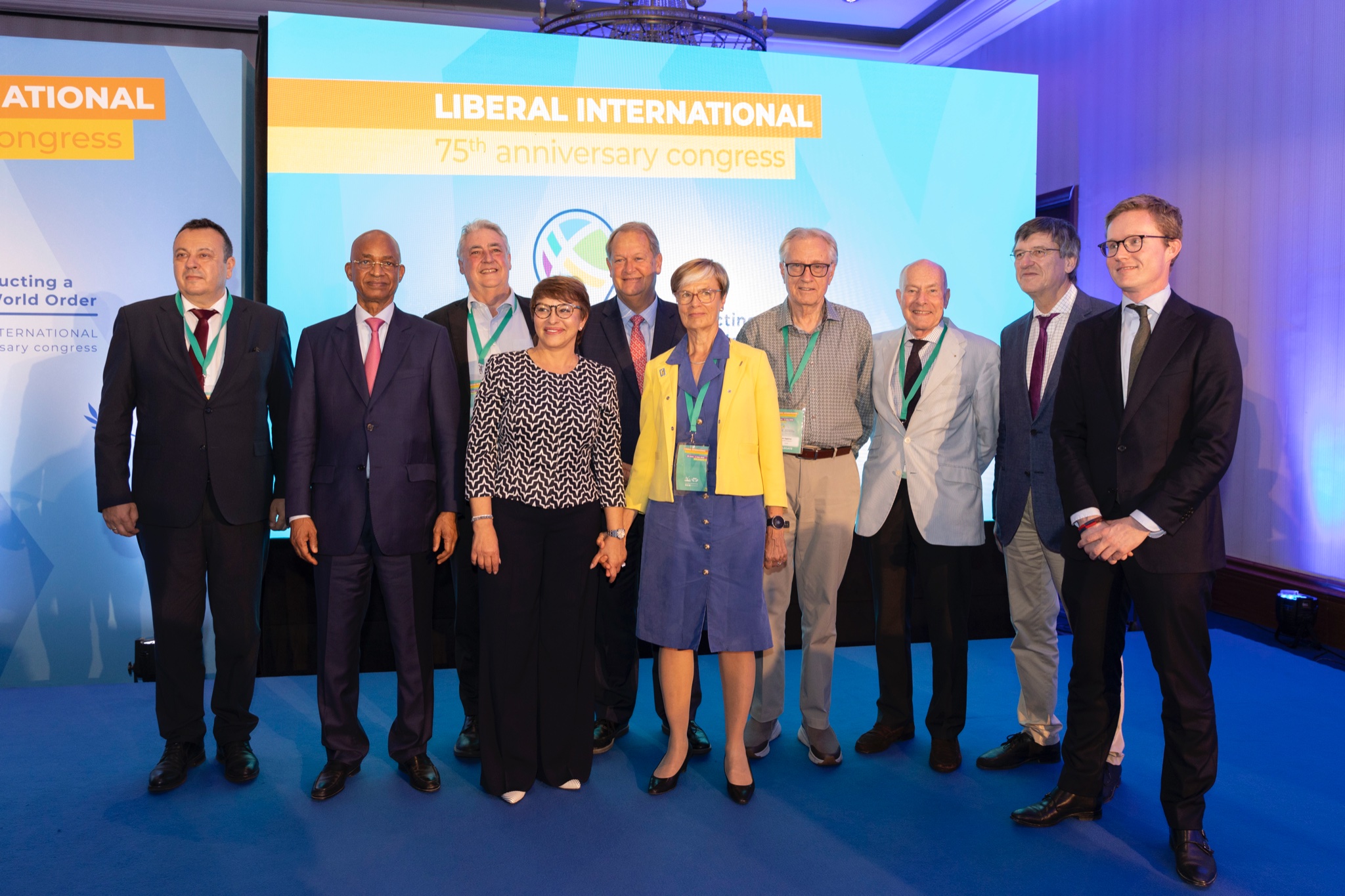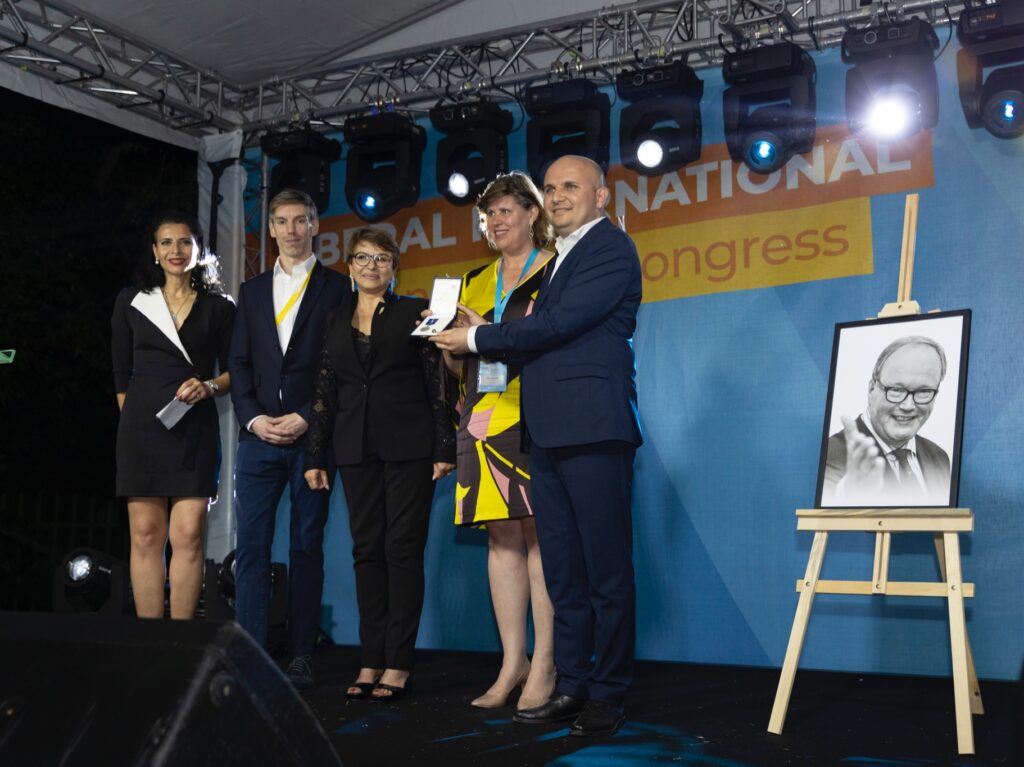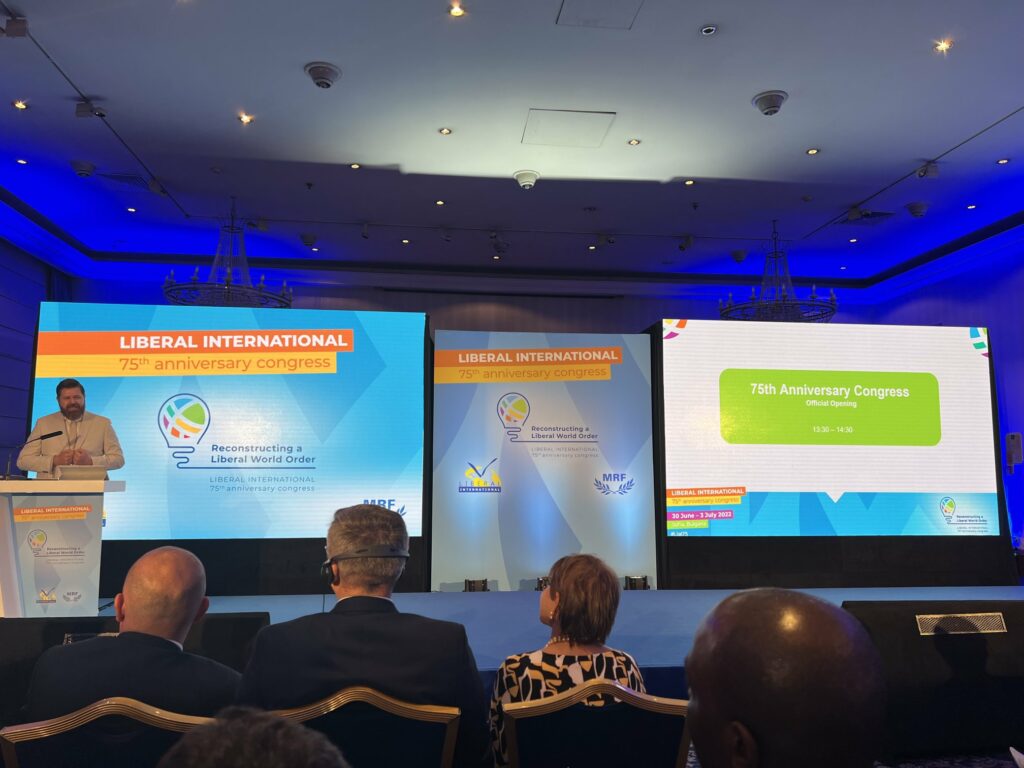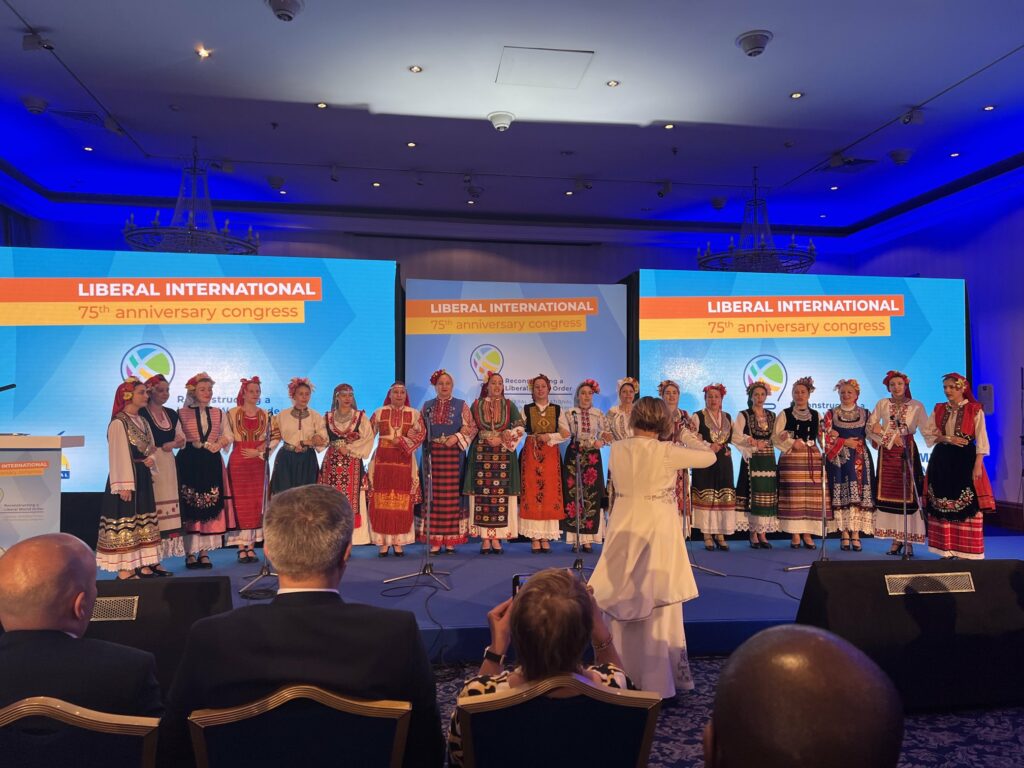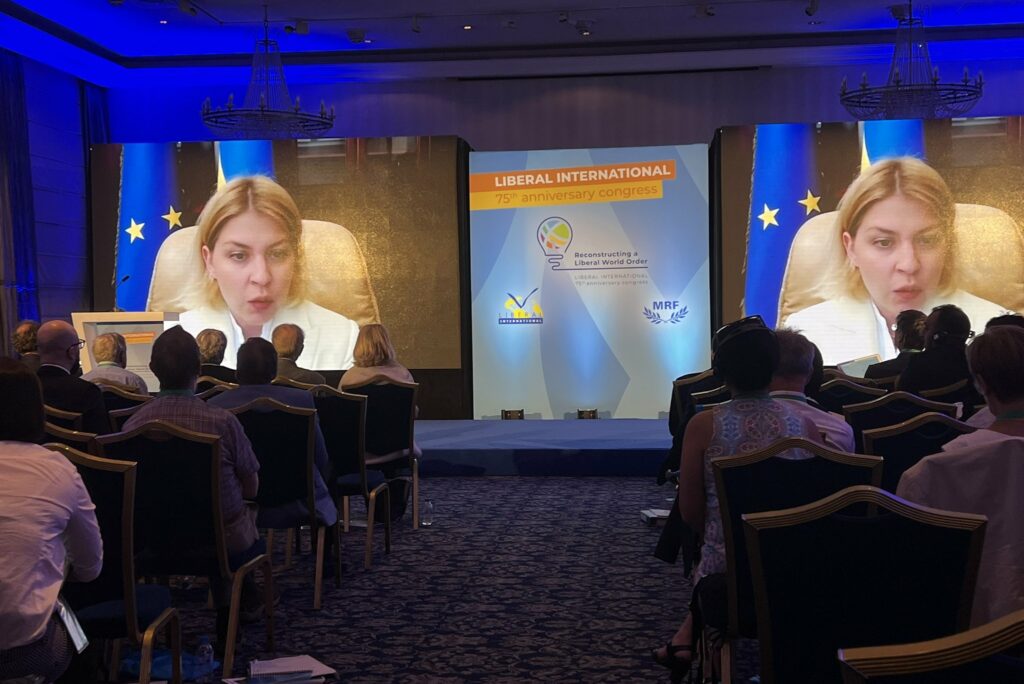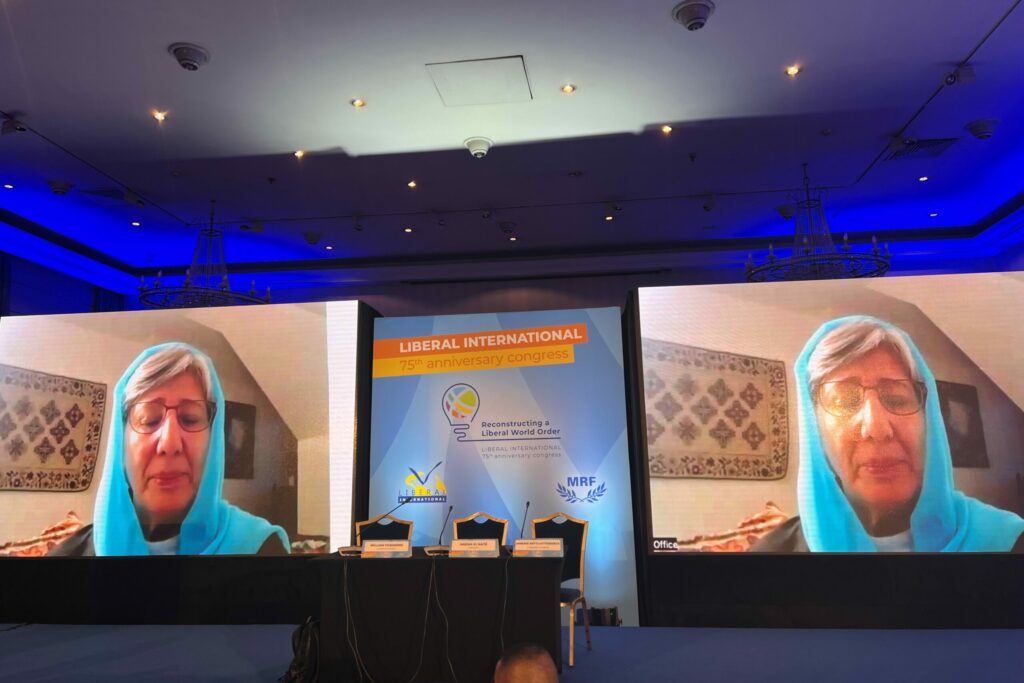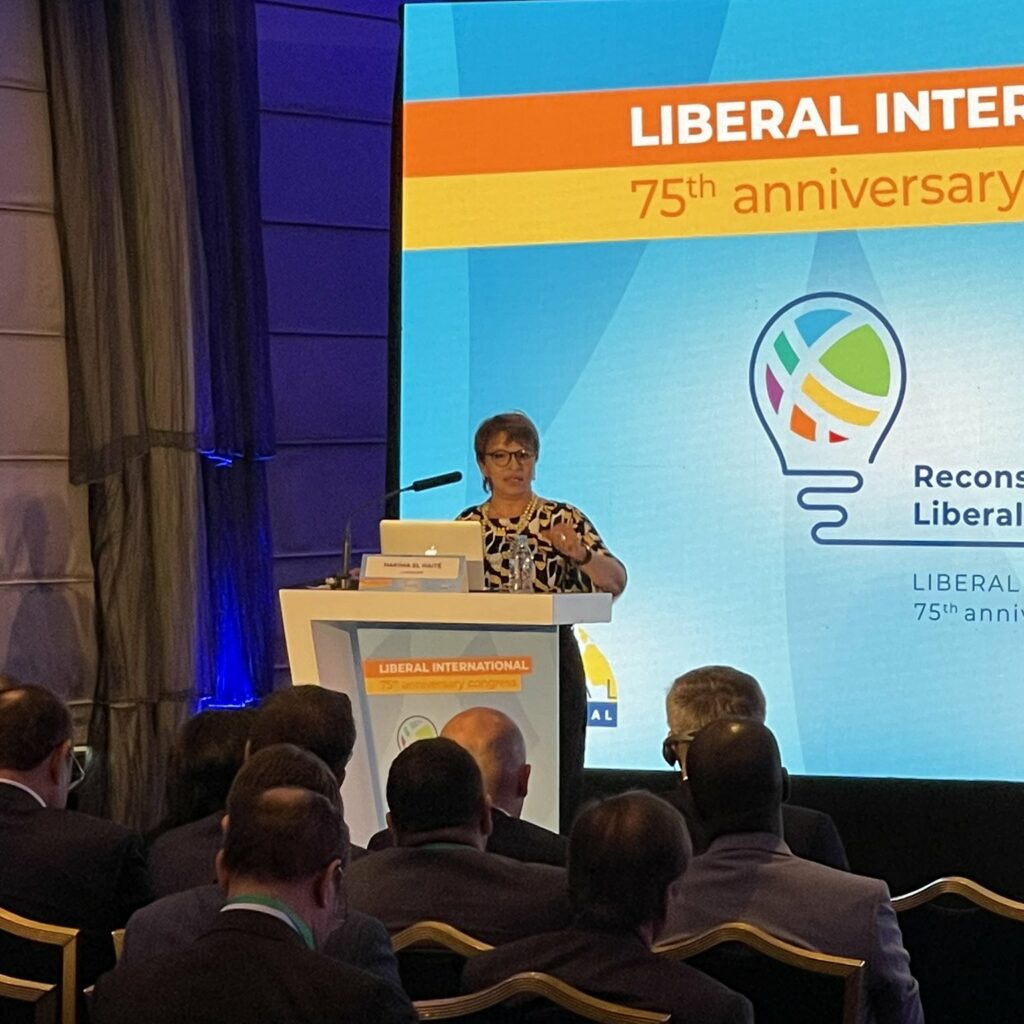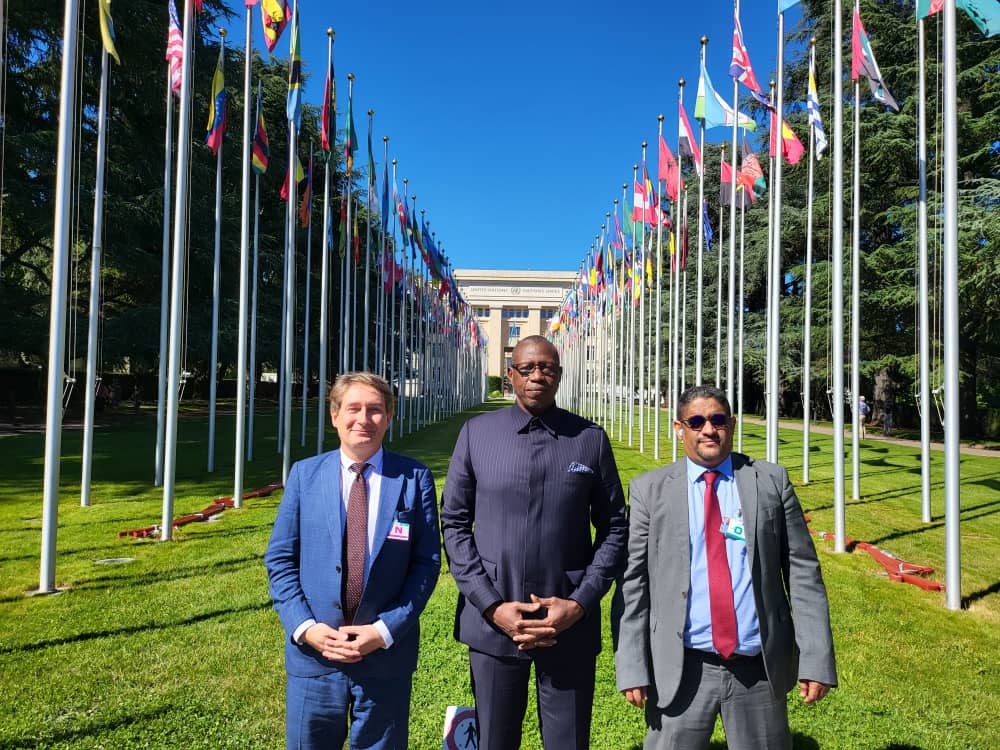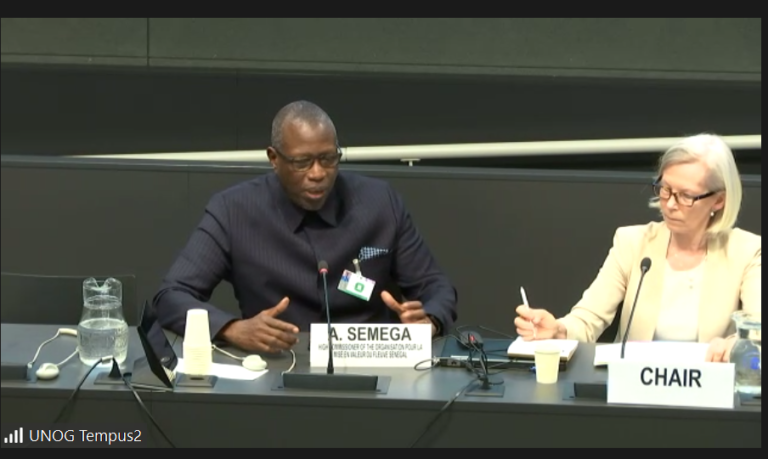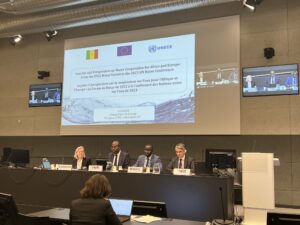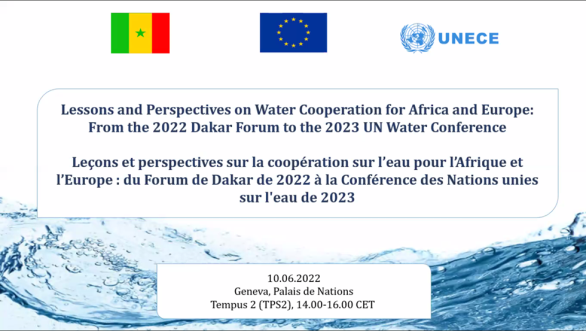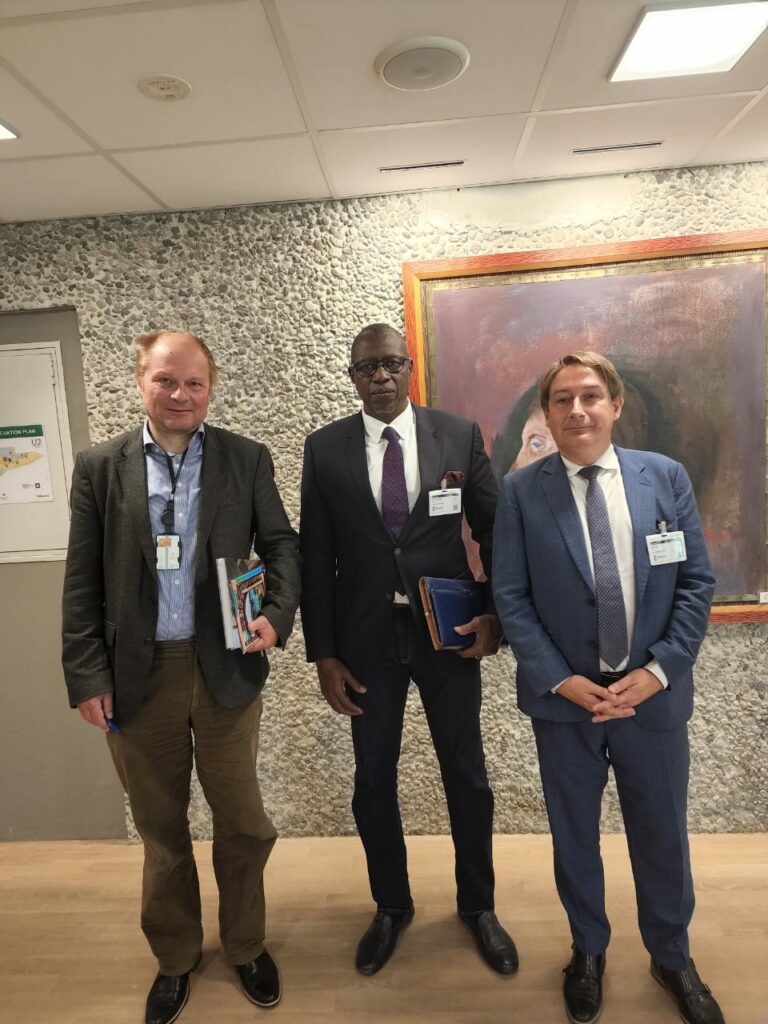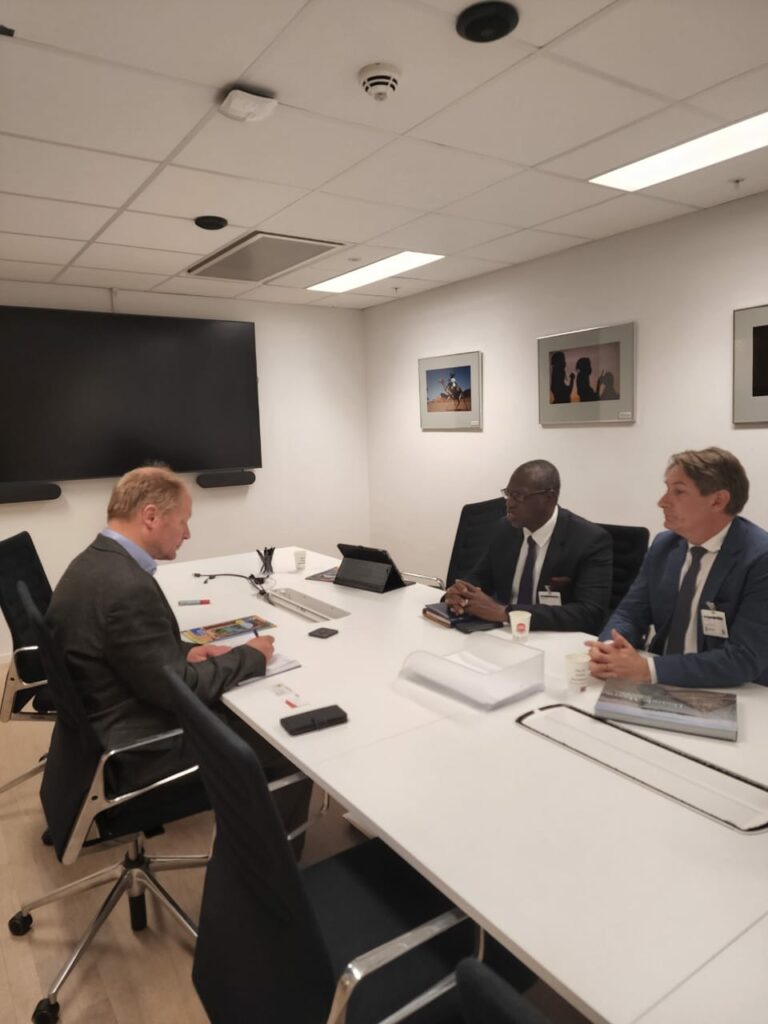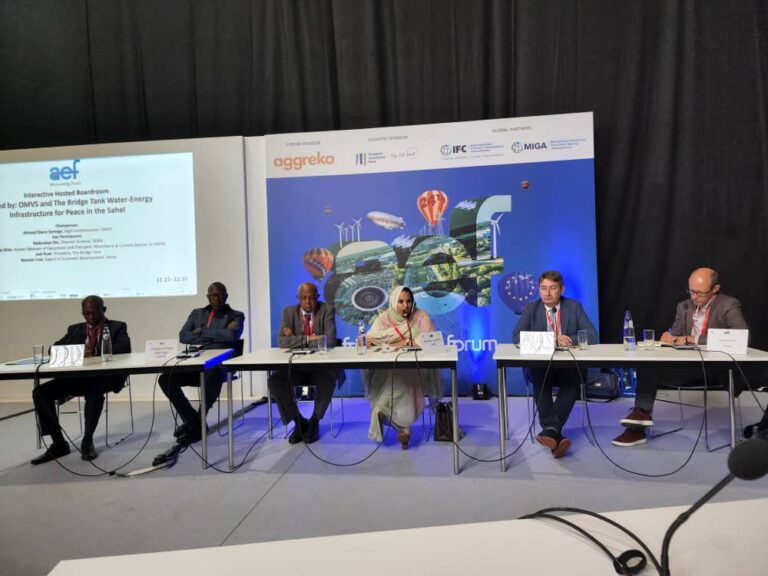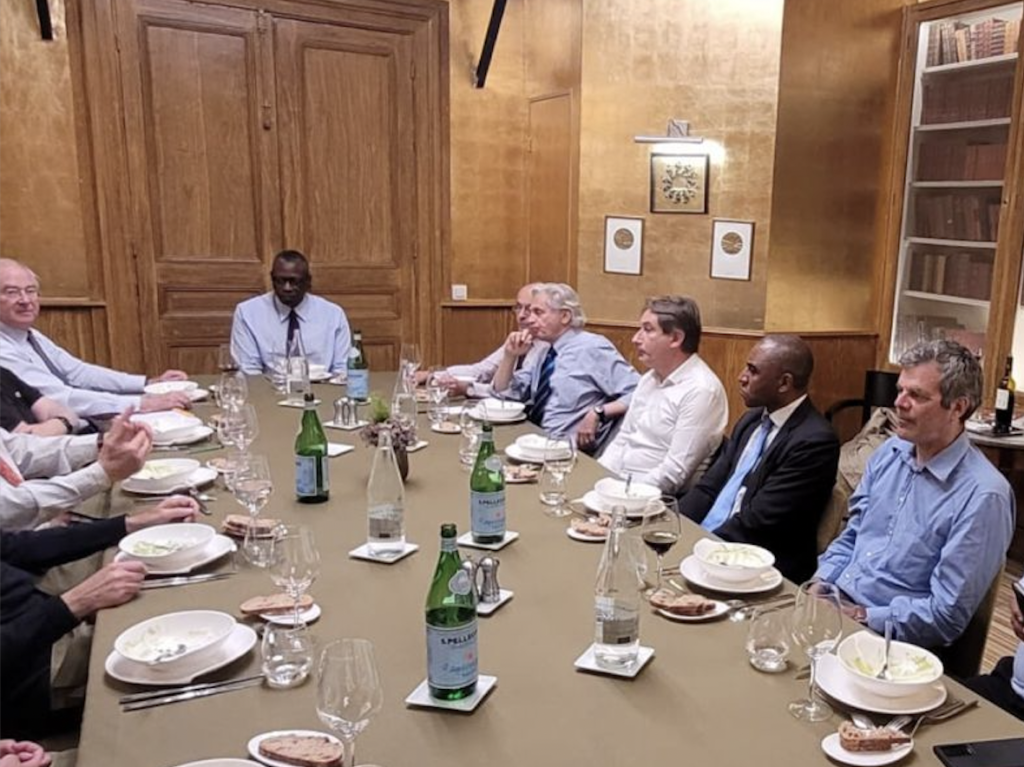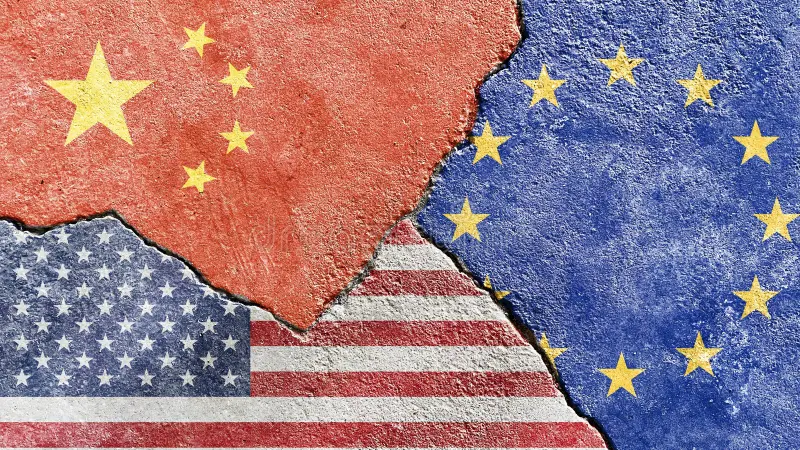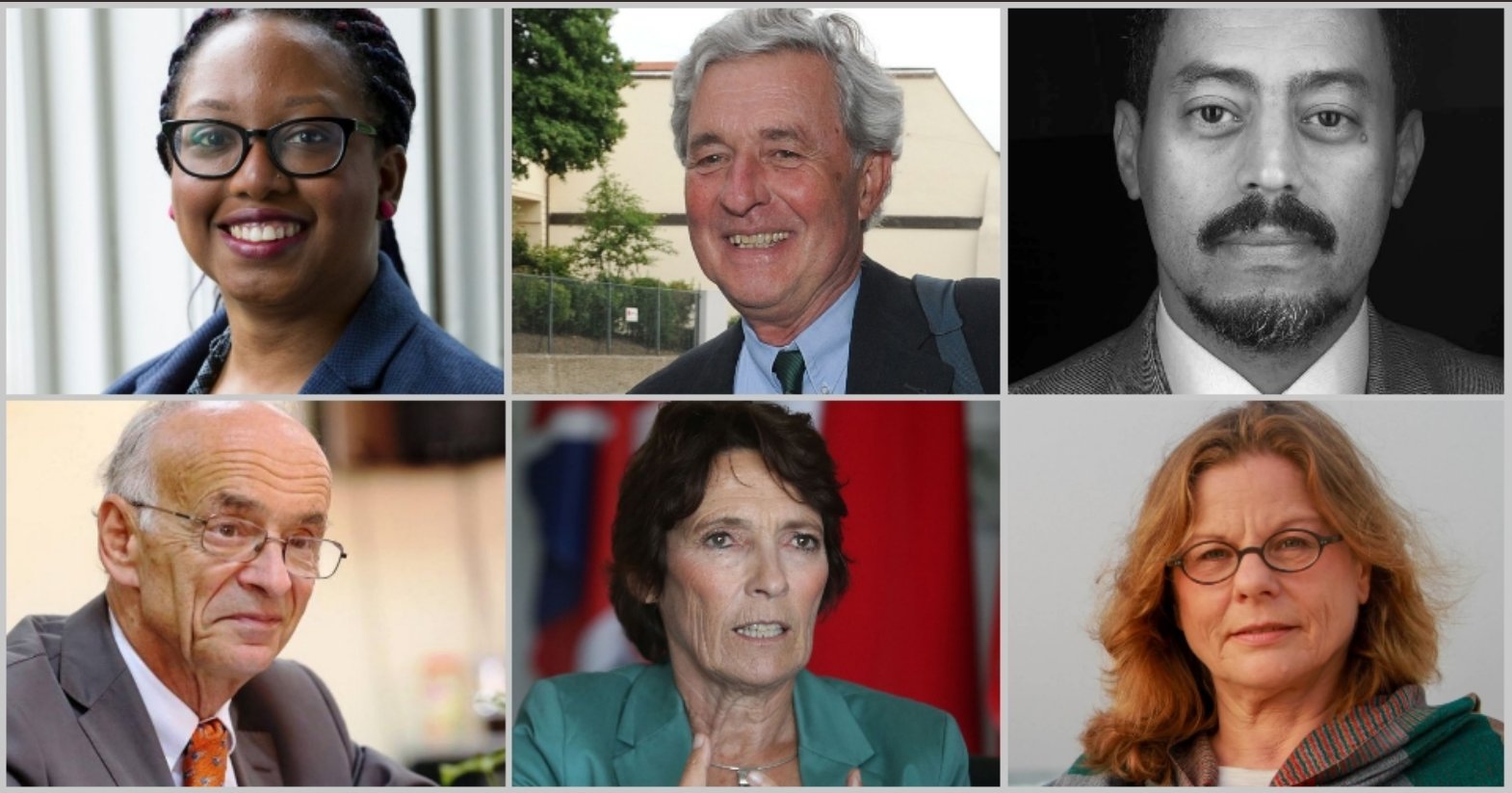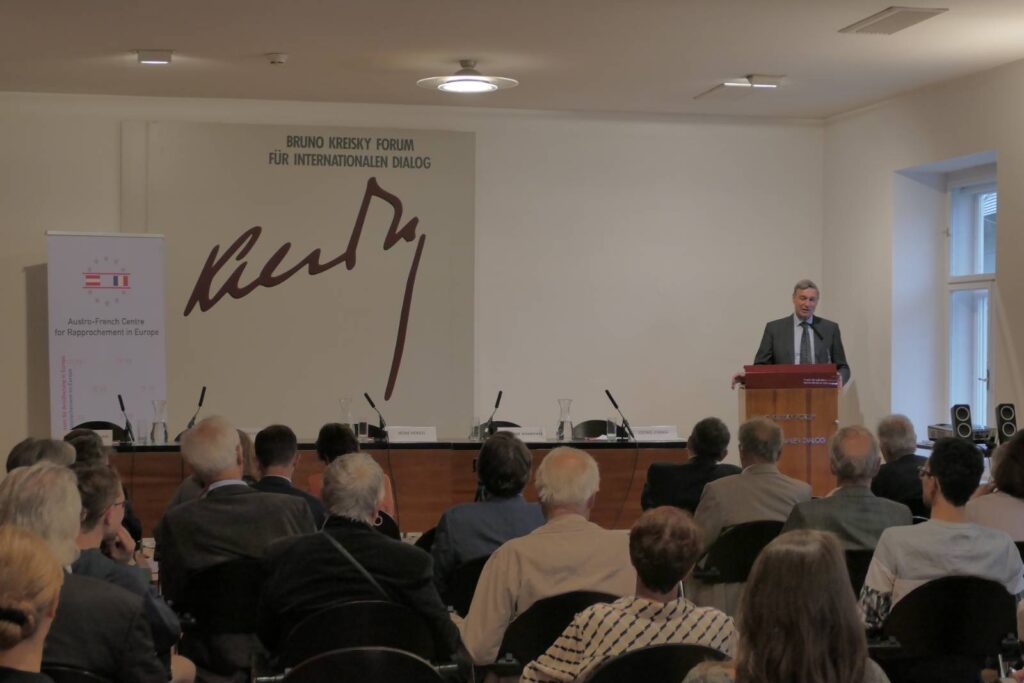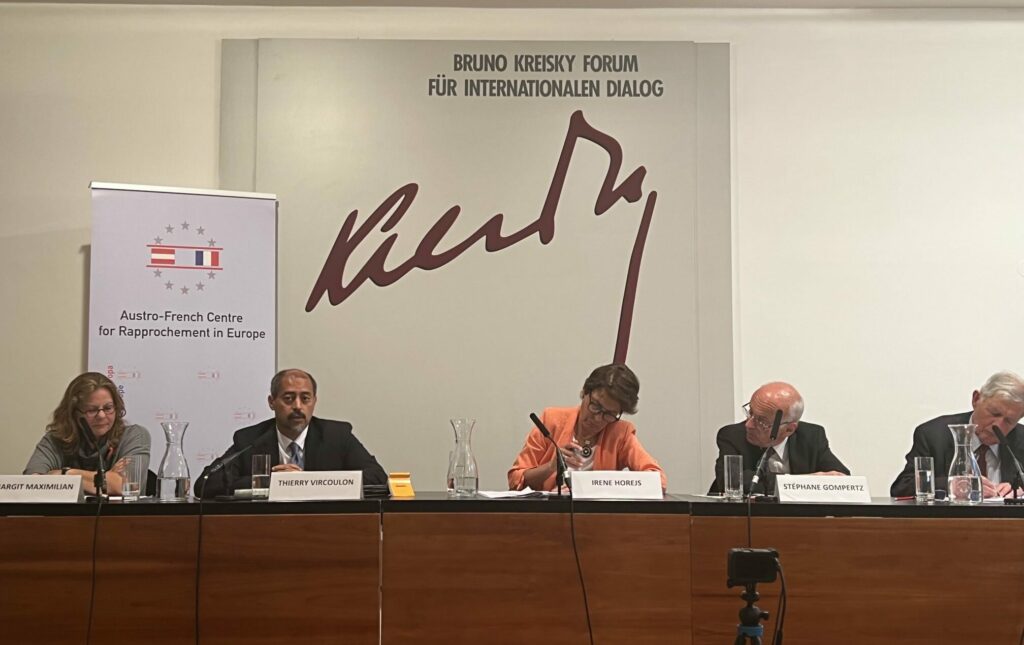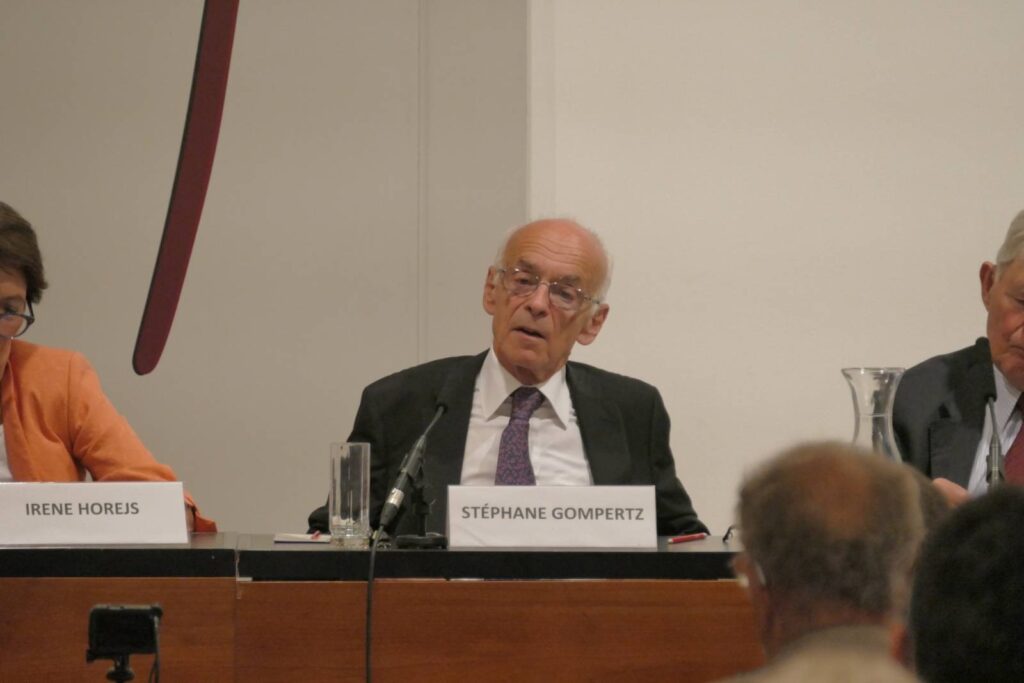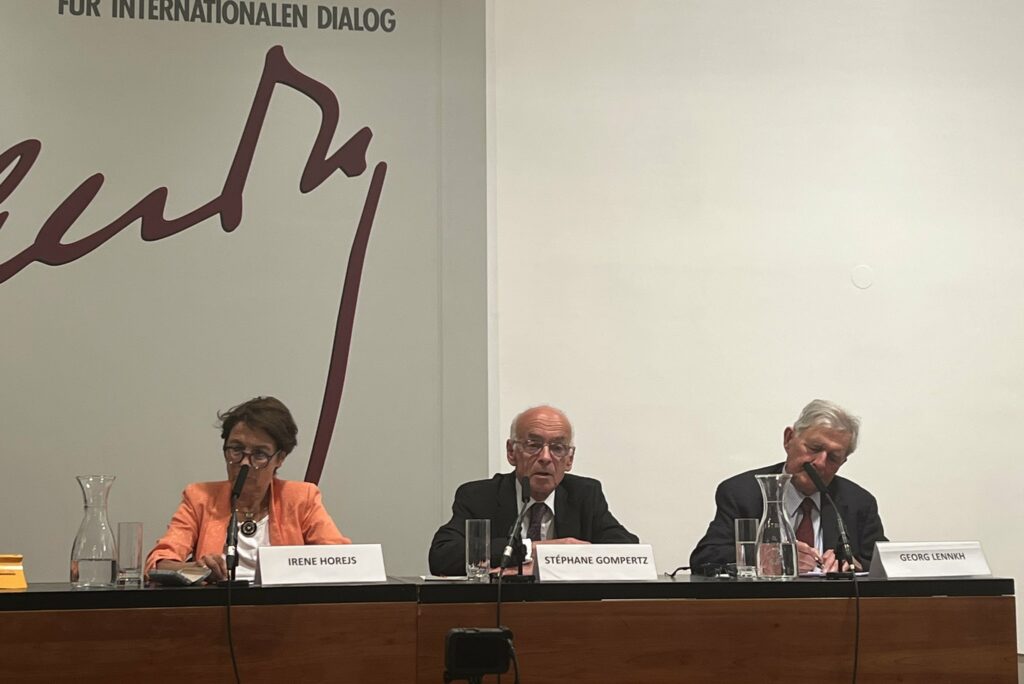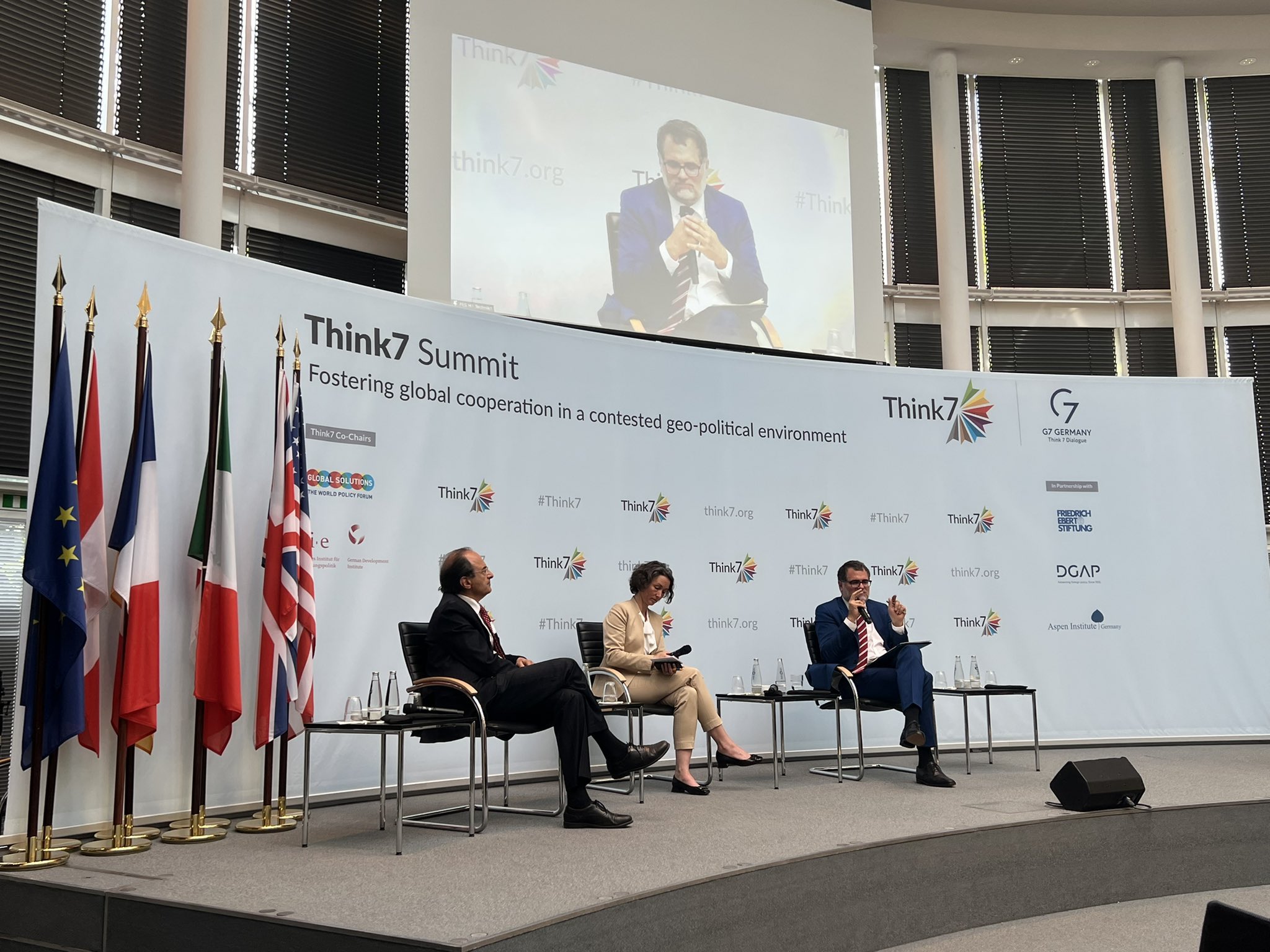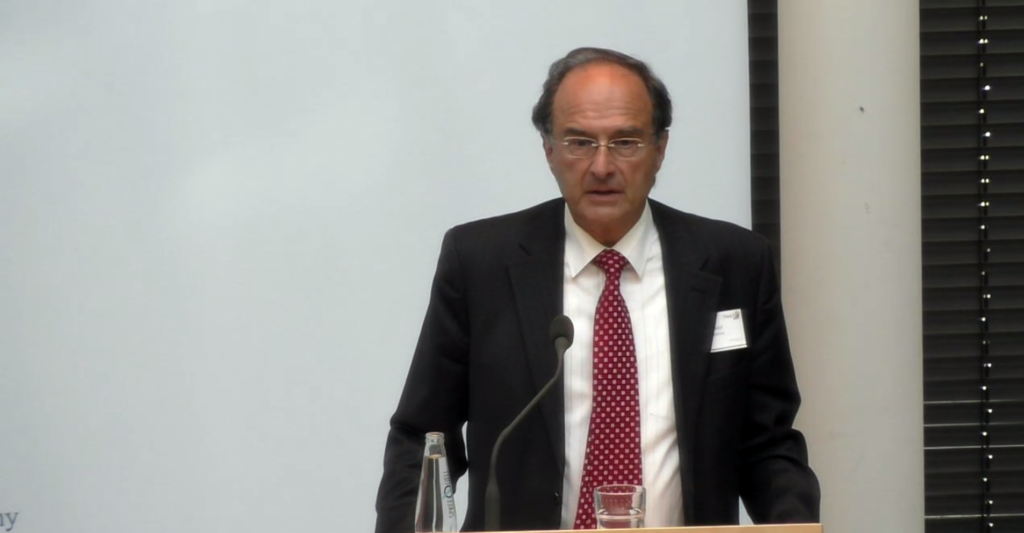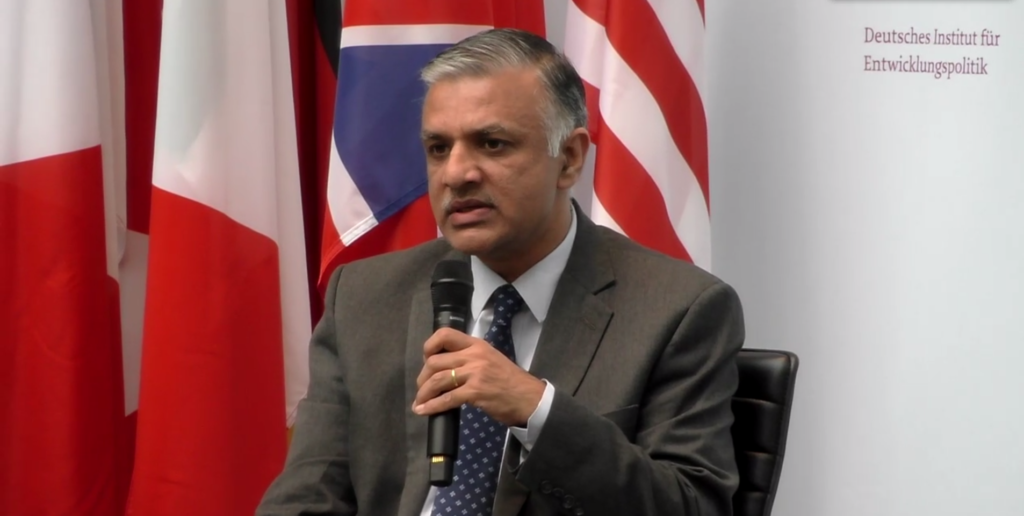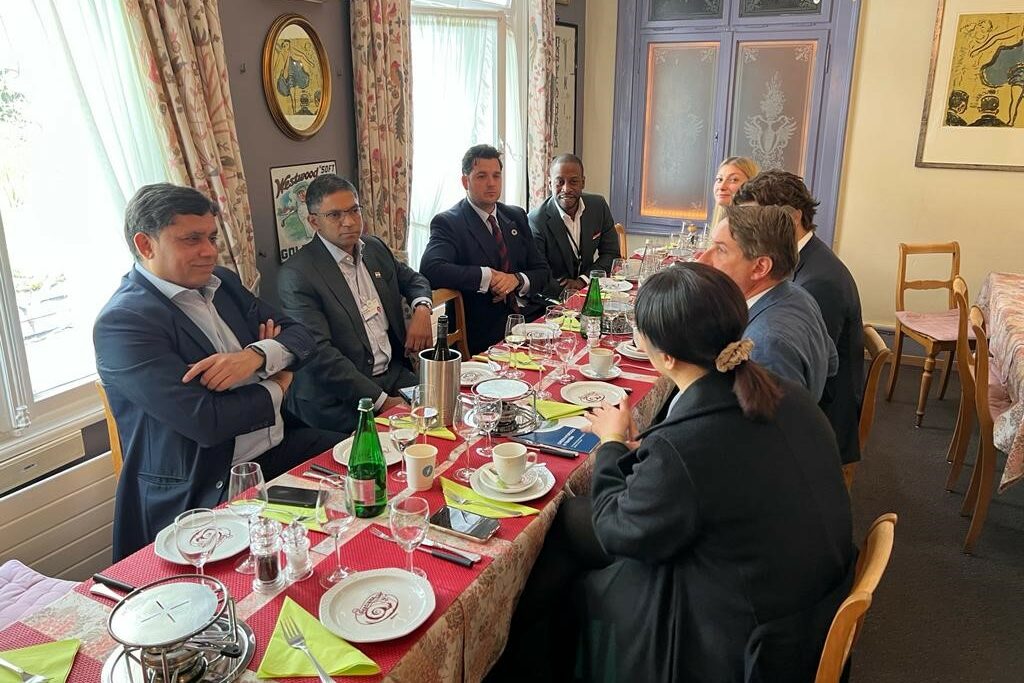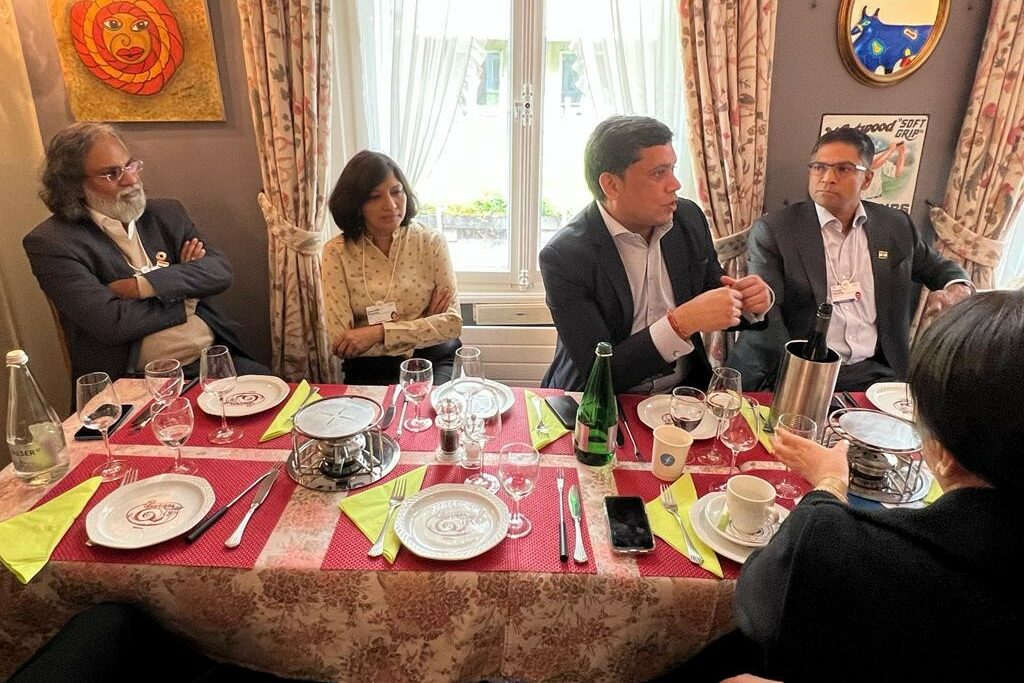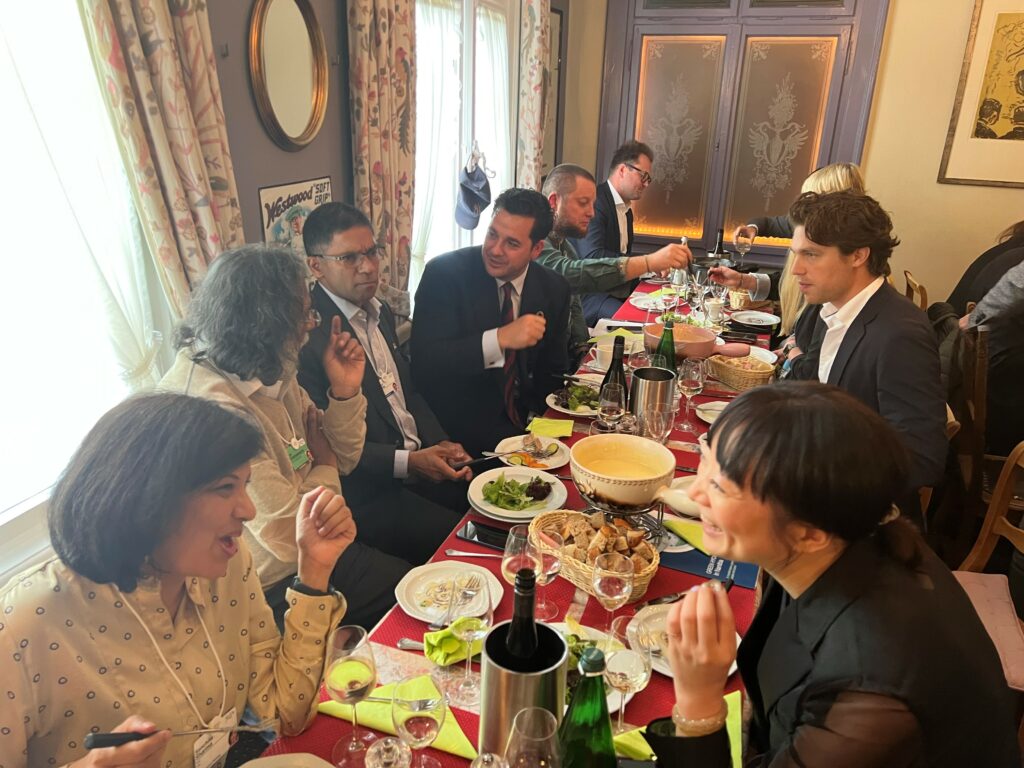By Joël RUET & Malaurie LE BAIL – After being half-postponed four times due to the pandemic, half-launched through a heads of states level online event on October 2021, the COP 15 on biodiversity should have finally happened started on April 25, 2022 in Kunming, China. Is is now being postponed to the end of 2022 in Montreal, Canada for logistical and sanitary reasons, while China will still hold the Presidency. With little media coverage throughout and only few academic and journalistic analyses, the COP 15 is the great absentee from the international news as ecosystems reach their limits. The responsibility lies with a host country not very involved: China.
China’s COP 15 missed a major diplomatic opportunity in visibility and in environmental themes advancement. China’s communication was blurred from the beginning with the half-postponing, half-keeping of the COP 15. The October 2021 virtual meeting largely saw the promotion of a “Kunming Consensus” that could only be really negotiated by March 2022 in Geneva. What became a “pre-COP” appeared only sparsely in the Western media. Infused with much of rhetoric, the “pre-COP” turned into an empty shell.
Was the opportunity just missed as China decided to focus on propagating Xi’s ideas on “ecological civilization”, a concept so far yet to be informed by tools and measures? Or is there a larger shift away from China? On this ground China’s quasi-absence from the COP 26 had already not gone unnoticed. It is one of several countries whose top leader did not attend in person, alongside Brazil, Russia, and Turkey. Instead, China was represented by special climate envoy Xie Zhenhua, touching briefly on the country’s continued commitments to cutting carbon without making any new declarations, alip service putting into question the legitimacy and dedication of the country in the global fight against climate change. The overall deadline for revised Nationally Determined Contributions (NDC) has been pushed from the COP26 to the COP 27 largely due to China having not filled its contribution in an ambitious way, many observers agree.
Being host to a global conference has its share of reward and any hosting country has its publicity, western style, or propaganda, dirigiste style. However, with this low tone commitment of China on climate, doubts have arisen as to whether China, one of the world’s greatest emitters of C02 and plastic, will be capable of upholding its responsibilities as host country for the COP 15. China has yet to sign the Global Methane Pledge, a pledge launched by the United States and the European Union during COP26, along with 103 countries representing 70% of the global economy, to keep the goal of limiting global warming to 1.5 degrees within reach.
Glasgow observers, as they prepare for the COP 27 in Egypt, contend China continues to isolate itself further and further from the international sphere. The lack of information and transparency regarding the biodiversity COP 15 only reinforces what was said by the observers of the climate COP 26. Moreover, the COP 15 is the first major global conference within the United Nations system officially labeled under the concept of “ecological civilization”.
The European Union has been setting ambitious goals to reduce carbon emissions by 55% by 2030 and becoming carbon neutral by 2050. For Europe, both the COP 15 and the COP 26 have largely been seen as mere continuations from the IUCN World Conservation Congress, which took place in September 2021 in Marseille, France and culminated in the “Marseille Manifesto,” also referred to as a ‘roadmap’ to international negotiations, calling governments to commit to ambitious plans for the conservation of nature.
The COP on biodiversity lacks an equivalent of what the “Paris agreement” is to the COP on climate change. China had a role to play in supporting this event. As a sign of China’s self-centeredness, the communication, upstream and downstream of the Kunming COP event, is more than poor. The Chinese low profile has contributed to aggravate the lack of awareness and communication to the general public on biodiversity issues on the international stage.
In this international calendar, The Bridge Tank has positioned itself on the topic and has written a report. Read our further analysis here.


